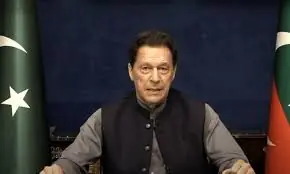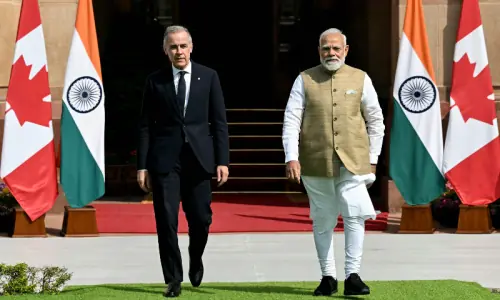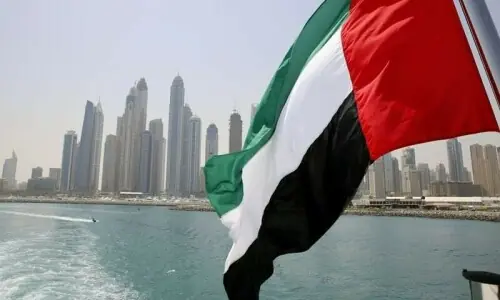New Delhi was the world’s most polluted capital for the third straight year in 2020, according to IQAir, a Swiss group that measures air quality levels based on the concentration of lung-damaging airborne particles known as PM2.5.
India was home to 35 of the world’s 50 most polluted cities, according to IQAir’s 2020 World Air Quality Report, which gathered data for 106 countries.
The findings were based on the country’s annual average of particulate matter PM2.5, airborne particles with less than 2.5 microns in diameter. Prolonged exposure to PM2.5 can lead to deadly diseases, including cancer and cardiac problems.
In 2020, New Delhi’s average annual concentration of PM2.5 in a cubic meter of air was 84.1, the study said, more than double the level of Beijing, which averaged 37.5 during the year, making it the 14th most polluted city in the world.
Air pollution caused an estimated 54,000 premature deaths in New Delhi in 2020, according to a recent study by Greenpeace Southeast Asia Analysis and IQAir.
Despite an 11 per cent reduction in the annual average of PM2.5 levels due to nationwide coronavirus lockdown curbs imposed last year, India emerged as the world’s third most polluted country after Bangladesh and Pakistan.
“Air pollution in India is still dangerously high,” the report said.
In 2020, South Asia endured some of the world’s worst air quality on record, it said.
Last year, Delhi’s 20 million residents, who breathed some of the cleanest air on record in summer months due to the lockdown curbs, battled toxic air in winter, following a sharp increase in farm fire incidents in the neighbouring state of Punjab.
As the burning of crop stubble peaked, Delhi’s PM2.5 levels averaged 144 micrograms per cubic metre in November and 157 micrograms per cubic metre in December, exceeding the World Health Organisation’s annual exposure guideline by more than 14 times, it said.
































